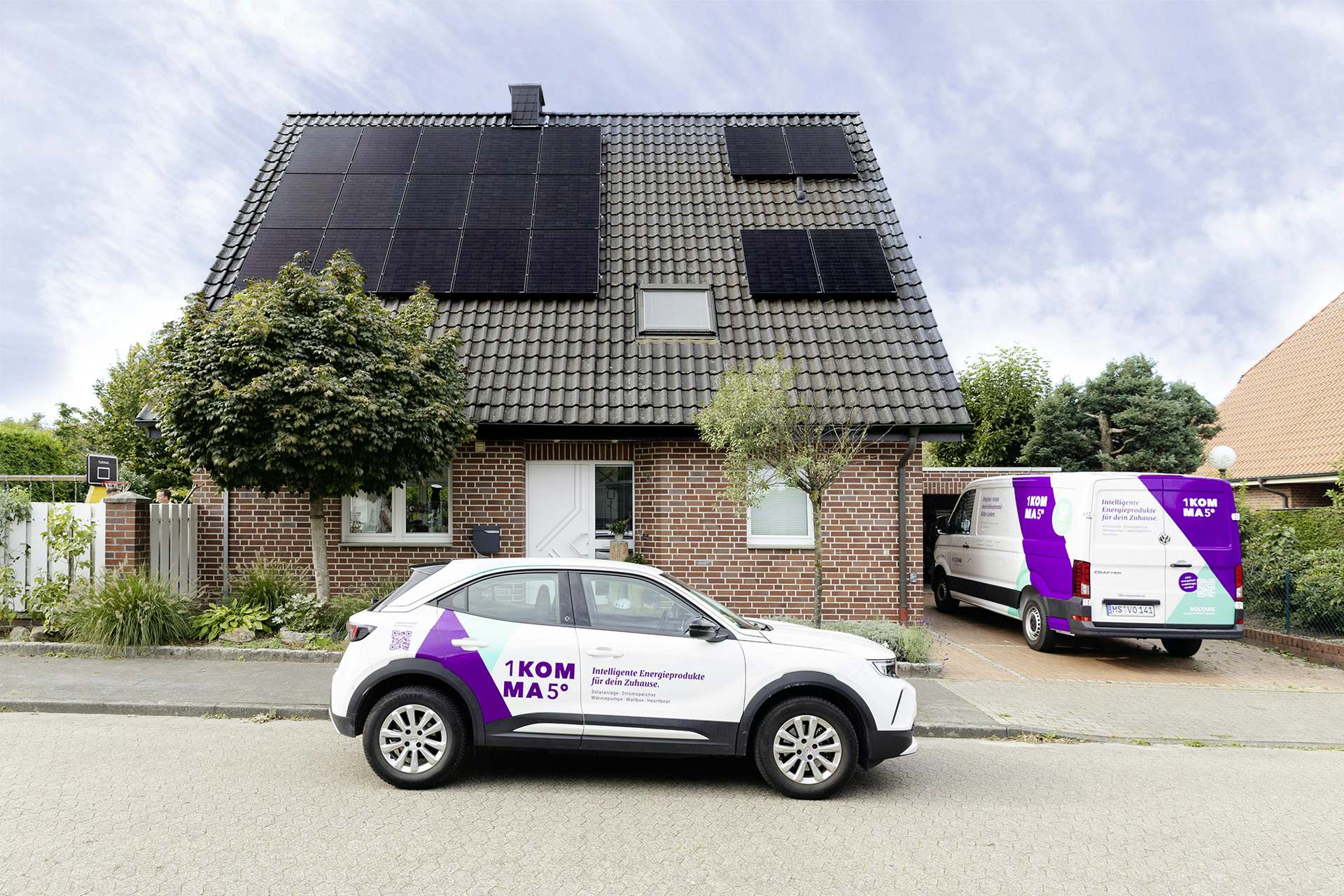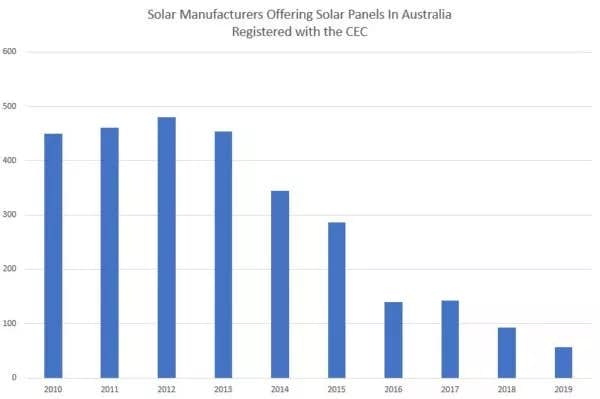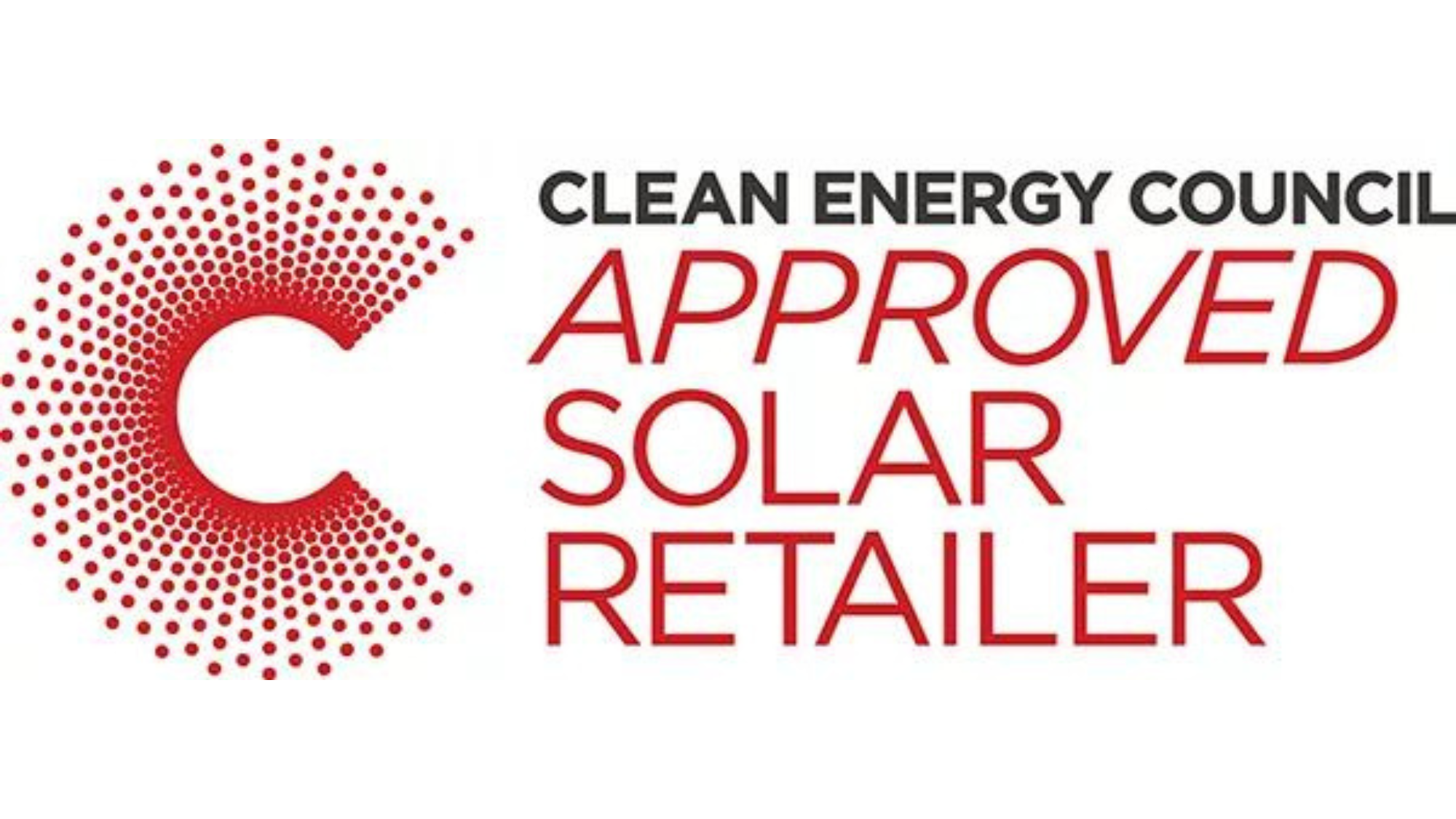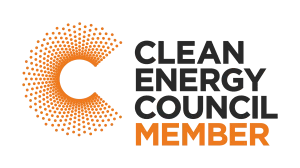Solar
Solar
Battery Storage
Battery Storage
Battery Storage
EV Charger
EV Charger
EV Charger
Heartbeat
Smart Energy Manager
Heartbeat
About Us
About Us
Learn
Featured Articles
Sizing Up A System
Finance & Rebates
Learn
Now servicing New South Wales, Victoria, Queensland and South Australia
Request PricingThe Clean Energy Council (CEC) is Australia’s national trade associate group (non-profit) that helps regulate the solar power industry.

In the early days of the solar industry in Australia, there was a number of cowboys that gave the industry a bad name, and the market was awash with products that were not up to the standard expected by consumers. The CEC has played a leading role in setting a high standard for the industry, and we are seeing the benefit of that now with fewer manufacturers registered with the CEC, and ethical business practices with the implementation of a Code of Conduct that retailers must sign to become an Approved Retailer.

Despite these improvements, we still get a lot of people who are right to be cautious when they begin researching solar power. We get a lot of comments during the installation process about how people aren’t quite sure about how to trust a solar retailer and in particular; what are the differences is between a CEC Approved Retailer, a CEC Member, and CEC Accredited Installer. So let’s break it down:
Solar companies such as 1KOMMA5° are able to apply to become a Clean Energy Council Approved Retailer by signing up to the CEC Code of Conduct. The application process involves providing documentation of sales contracts, terms and conditions, examples of advertising, internal policies etc. to clearly show that the business practices of the company adhere to the Code of Conduct.
Once a company is awarded a stamp of approval from the CEC, it must strictly adhere to the Code of Conduct.
There are currently less than 100 CEC Approved installers in NSW out of thousands

The Code of Conduct is 42 pages long and covers pre-sales, post-sales, documentation and general business practices. To achieve its objectives, the Code addresses four broad subject areas:
Pre-Sale activities
To protect the consumer against dishonest or misleading advertising and sales tactics, and to ensure that sales representatives act ethically at all times during marketing campaigns and when dealing with consumers.
To ensure that the consumer is provided with the necessary written information to enable full understanding and awareness of their purchase.
Post-Sale activities
To ensure that consumers’ legal rights relating to cooling-off periods, deposits and refunds are respected, and that the consumer has the opportunity to cancel a contract where changes are made after point of contract that are not approved in writing
To ensure that the consumer receives a system that is installed correctly, in accordance with existing legislation, regulations, standards and guidelines.
To ensure that the consumer is provided with a standard minimum warranty period covering the operation and performance of the entire system, and that the retailer is responsible for addressing any problems relating to workmanship or product that arise during this period.
Documentation
To ensure that the consumer is provided with the required documentation after the PV system is installed, and that the retailer and the consumer are fully aware of who is responsible for the provision of the relevant documentation.
General business
To ensure that the retailer adheres to all existing legislation and regulations, and maintains consistent business practices including, but not limited to, effective complaint handling procedures and cancellation procedures.

Firstly, accredited installers are people, not companies. For example, 1KOMMA5° is not an Accredited Installer, however, all our installations are done by Accredited Installers.
Becoming an Accredited Installer is a process that involves training, an electrical licence, working at heights certification, and public liability insurance of at least 5 million dollars.
CEC Accredited installers are in charge of managing the team that installs a solar power system, they will commission the system and sign off on the installation once it is completed. They must also submit paperwork to your energy distributor once the installation is completed.
The other main CEC accreditation is to be an accredited designer. Designing solar power systems is more complicated than it might seem. All of our installations must be designed to ensure that the system meets the design guidelines set out by the CEC.
1KOMMA5° is a CEC Member which is a show of support for the industry’s governing body. By paying a fee, any company can be a CEC Member, even if they are not specifically a solar installer. On the CEC website, it states:
“Clean Energy Council membership is open to companies who work in and support the clean energy sector. As the peak body for the industry, we are the voice of our members and by taking out a membership you can be in the conversations that will drive the future of clean energy in Australia.
“Membership offers you a range of benefits such as receiving access to the latest industry information, networking opportunities, boosting your brand exposure within the industry, being involved in the key conversations within the sector, and supporting the policy and advocacy work of the Clean Energy Council.”
Being a CEC Member does not indicate that a solar installer is more reputable than a non-member, however, it is very rare to come across an installer that isn’t a member.
There is more to a reputable solar installer than the certifications hanging on the wall
Having installed solar power systems in Australia for over a decade, we have seen literally hundreds of solar installers come and go – around 600 to be more precise.
Why do so many companies bow out of the industry? Evidence from around the solar industry suggests it’s because these companies are selling cheap systems like these:

If a product is unreliable, it can become a death sentence to the installer because it becomes too expensive to service all of the faulty systems. Furthermore, when a solar manufacturer goes out of business, often the installer is left solely responsible for the warranty claims. When an installer goes out of business solar systems are ‘orphaned’. It is estimated that an incredible 1 in 3 solar systems in Australia has no support from the company that installed it.
At 1KOMMA5°, we stand behind the quality of our products. By only supplying a small handful of quality brands we can ensure reliability, longevity and system performance, and on the off-chance that something goes wrong, we offer full-service warranties and free technical support. This is one main reason (along with our service) why 1KOMMA5° is ranked as one of the top solar power retailers in Australia:
When you install a solar power system, at least one of your installers will be CEC accredited. They will typically be in charge of the installation and will commission your system.
CEC Approved Retailers have agreed to adhere to the CEC Code of Conduct, which is designed to ensure solar retailers conduct their business in a professional and ethical manner. While there are thousands of solar installers in Australia, only a few dozen or so in each state are Approved installers.
And as far as installing a solar system goes, don’t worry so much about the CEC Membership. It’s more for the industry.
So hopefully that clears up the confusion a little! If you’d like any more information please call the 1KOMMA5° team on 1300 525 451.
Our solar experts will help you find the right system for your home.

Get all the right information before installing a solar power system for your home.
